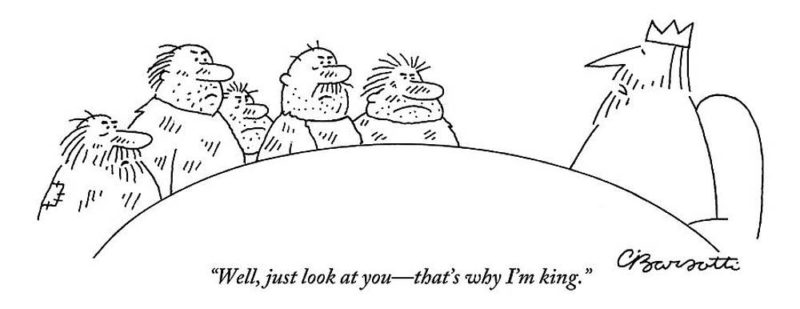“What we do need to do is go over the temptations faced by people who live in the proximity of money. Teaching on this is also found in Scripture, but we are not nearly enough on our guard about it. If someone in our congregation received a windfall inheritance of 100 million dollars, the chances are pretty good that this person would receive scores of warnings not to let it go to his head. All the people around that guy will not receive any warnings, and they are the ones who really need it.”
Let the Stones Cry Out, p. 5




